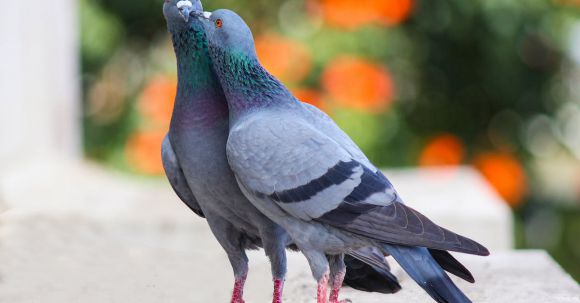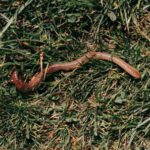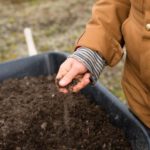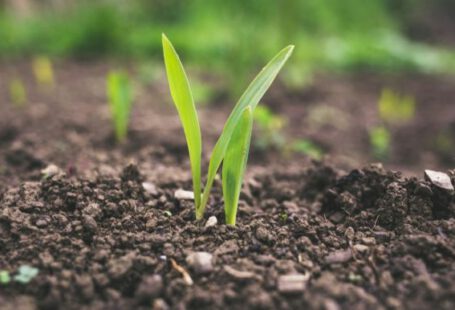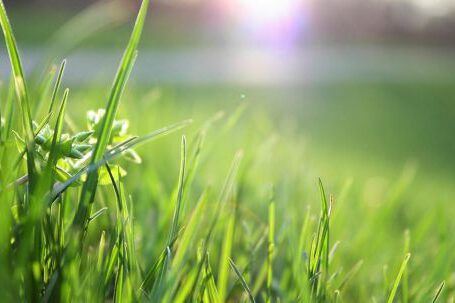Birds are often admired for their beauty and melodic songs, but did you know that they also play a crucial role in pest management? These feathered creatures are not just aesthetically pleasing, but they are also natural predators of many pests that can wreak havoc on our gardens and crops. In this article, we will explore the important role that birds play in keeping pests under control.
Controlling Insect Populations
One of the significant contributions birds make to pest management is their ability to control insect populations. Many species of birds, such as swallows and warblers, have a voracious appetite for insects. They feed on a wide variety of pests, including mosquitoes, flies, beetles, and caterpillars. By consuming large numbers of insects, birds help to keep their populations in check, preventing them from multiplying and causing damage to crops.
Seed Dispersal and Weed Control
Birds also play a vital role in seed dispersal and weed control. They have a unique ability to eat fruits and seeds, and then spread them far and wide through their droppings. In this way, birds help to disperse seeds to new locations, aiding in the regeneration of plant populations. Additionally, some bird species, such as sparrows and finches, feed on weed seeds, reducing the number of weeds in agricultural fields and gardens.
Predation of Rodents
Rodents, such as mice and rats, can cause significant damage to crops and spread diseases. Thankfully, birds are natural predators of these pests. Birds of prey, such as hawks and owls, are known for their hunting skills and their ability to keep rodent populations in check. These birds have sharp talons and keen eyesight, making them highly effective at capturing and consuming rodents. By preying on rodents, birds not only help to control their populations but also reduce the damage they can cause to crops.
Pollination
While insects are often credited as the primary pollinators, birds also play a role in pollination, particularly in certain regions and plant species. Hummingbirds, for example, are well-known pollinators and are attracted to brightly colored flowers with long tubular shapes. As they feed on nectar, hummingbirds inadvertently transfer pollen from flower to flower, aiding in the pollination process. This makes birds an essential contributor to the reproduction and survival of many plant species.
The Benefits of Attracting Birds
Attracting birds to our gardens and agricultural areas can have numerous benefits. By creating bird-friendly habitats, we can encourage these natural pest controllers to take up residence and help us manage pest populations. Planting native trees, shrubs, and flowers that provide food and shelter for birds can make our gardens more attractive to them. Additionally, providing bird feeders and bird baths can also help to attract a wide variety of bird species.
In conclusion, birds play a crucial role in pest management. From controlling insect populations to aiding in seed dispersal and weed control, birds offer a natural, environmentally-friendly solution to managing pests. By attracting birds to our gardens and agricultural areas, we can harness their natural abilities and create a harmonious balance between nature and agriculture. So next time you spot a bird in your garden, take a moment to appreciate the valuable role it plays in keeping pests in check.
